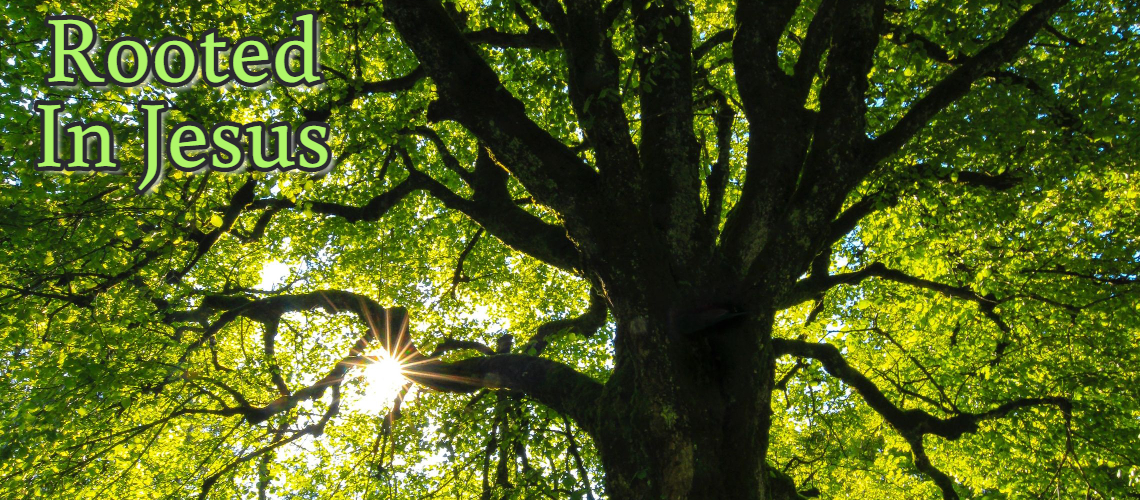The Righteous
Heather Weir Download: Audio
Sermon Video
If you’d rather watch the sermon than listen, you can do so here.
.
Scripture Psalm 92
It is good to give thanks to the Lord, to sing praises to Your name, O Most High; Read more…
Looking to Sunday
by Elaine Poproski
Right from the beginning of when Jesus’ disciples started gathering in each other’s homes, creating the first churches, one of the things they did was read from the Old Testament together. (They didn’t call it the Old Testament at the time; it was simply the Scriptures.) As time went on, they added to those readings, extracts from the various writings of the Apostles and Evangelists that were circulating among the churches. Eventually, many of those writings were also recognized as Scripture (think: Gospels and Epistles) and Christians developed systems for reading to help ensure they were reading all the Bible, not just their favourite bits. These systems were eventually codified into what we know as the Lectionary.
If you visit an Anglican or United church, you can generally count on hearing the Lectionary readings any time you visit. As a Baptist church, we sometimes allow the Lectionary to guide our readings, and sometimes we don’t. I like following the Lectionary because it’s shaped by the Christian seasons of the year (Advent, Christmas, Lent, Easter, Pentecost…). I like the rhythm it provides. I also like that it challenges me to study parts of the Bible I might be otherwise inclined to ignore. But one of the things I don’t love about the Lectionary, is that even though it helps ensure we read the whole Bible, sometimes the designated readings leave out the really tough bits. That’s the case for Sunday’s reading from Psalm 92. The Lectionary directs us to read verses 1 – 4 and 12 – 15. Why would it leave out 7 verses right in the middle of the psalm?
Sometimes the Lectionary leaves out verses because the imagery or reference points are so foreign to our context that we struggle to understand their meaning, but sometimes it seems that the words are left out for no other reason than that they are offensive. I think both are the case with the verses left out of Psalm 92. But we’re not going to leave them out. So…
As you prepare for Sunday, perhaps read Psalm 92 a few times for yourself. Read the words out loud (that’s how they were intended to be read when they were written). Pay special attention to the middle chunk (verses 5 – 11). How do they contribute to the overall message and themes of the Psalm? How do you feel about the words that are used? How might God be speaking to you through these ancient words?

